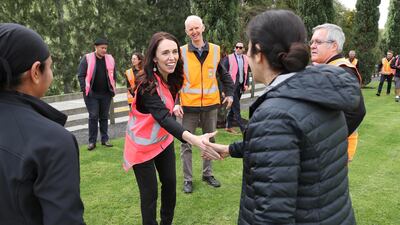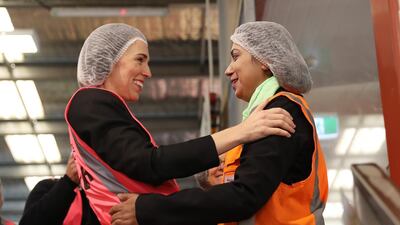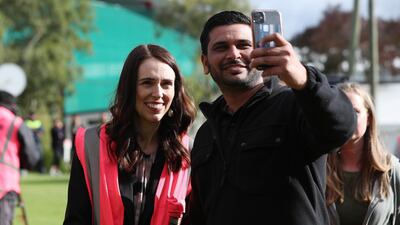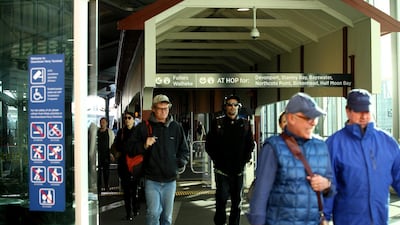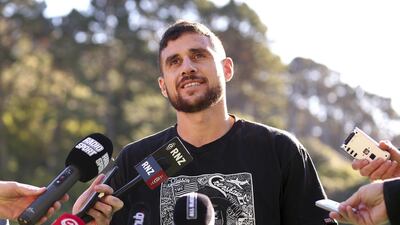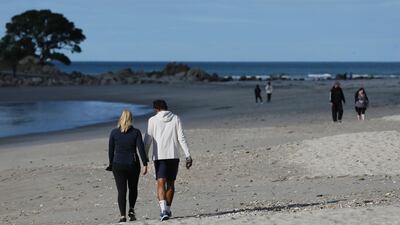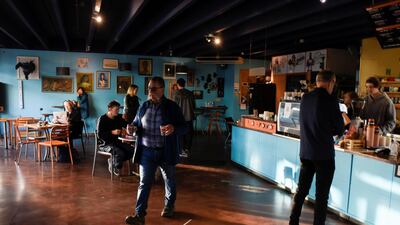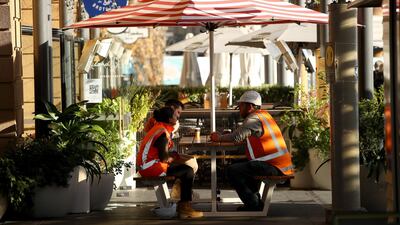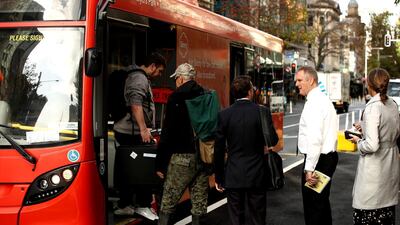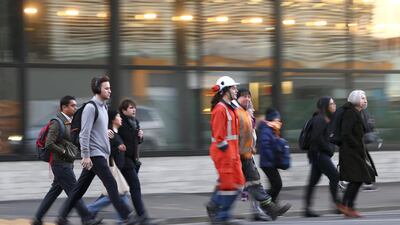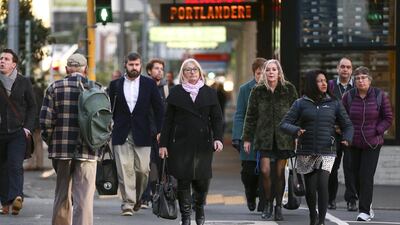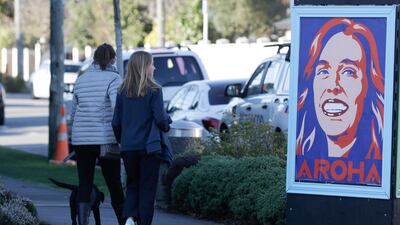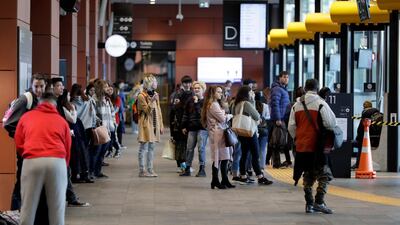This week, New Zealand announced that it seemingly has eradicated the coronavirus from its isles. The country more than flattened the curve. It has annihilated it.
Upon the arrival of this news, unquestioning applause reverberated across the world. However, this belies the tough – and potentially lonely – road that lies ahead for the country.
Until a few months ago, when New Zealanders like me would tell people where we were from, we would be met with a response that was something along the lines of “it's pretty there” – like a grandma looking at a sweet, but unimportant drawing by a grandchild.
Recently though, people have begun to remark about how “proud” we must be, adding something vague but congratulatory about our 39-year-old Prime Minister, Jacinda Ardern.
And there is good reason to be proud. Ms Ardern’s feminine, empathetic leadership means she’s delivering what many hoped for when they voted for her (I voted for her, and I'm glad I did).
But, just like the country she’s from, Ms Ardern’s qualities should not be reduced to a meme. Her decisions have not been perfect. They have pros and cons. She has had an incredibly tough term, to be sure, and New Zealand has had a tough time.
Unprecedented global pandemic aside, last year she had to heal the country after terror attacks in the southern city of Christchurch. That atrocity left 51 people, mostly Muslim worshippers at Friday prayers, dead.
And just six months ago, New Zealand was rocked by the explosion of Whakaari, an island volcano that had been a privately run tourist attraction. Twenty-one people were killed, and the tragedy called into question how tourists were allowed on the island when there had been seismic activity detected. ‘White Island’ was billed as a benign boat ride and a walking tour, rather than a geologically dangerous excursion.
Ms Ardern has dealt with all of this while raising her first child with her partner, Clarke Gayford. When Neve Ardern Gayford, who is about to turn two, was just an infant in 2018, there were murmurs of criticism about the fact she was in the room while her mum spoke at the UN General Assembly. I argued with friends and colleagues who remarked that it was "a bit much". Just under three years into Ms Ardern’s leadership, these few critics and the patriarchy they represent appear frivolous.
Ms Ardern’s role as a mother has never compromised her ability as a leader. In fact, her parenthood has probably benefited her leadership of the country more than her office has benefited her family. I imagine she’s made much personal sacrifice to put the country first during tough times.
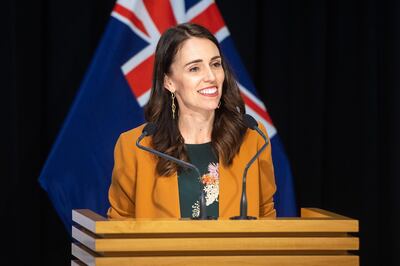
New Zealand is a small island nation (which certainly helps in efforts to stamp out a virus that has gone global), but because of this, it relies so much on the outside world for trade, tourism and more.
The lockdown in New Zealand began on March 21, and was only fully lifted this week. Many sacrifices were made by New Zealanders to eradicate coronavirus. Restaurants were closed, even for delivery and even in provinces without a single reported case of the virus. This has been a bitter pill to swallow for many.
The chief economist at ANZ Bank, Sharon Zollner, reminded the Australian Associated Press of the realities facing the country this week: “It's fantastic we don't have any Covid-19 and people are comfortable. They can go to the rugby, they can go dancing, they can go out and about… It doesn't mean we're not going to have a hard recession. There is a tourism-sized hole in our economy."
Her bank predicts that New Zealand's gross domestic product will be 10 per cent smaller this Christmas than it was last year.
New Zealand effectively shut its borders in mid-March. That was the best decision. It saved lives, and even if air borders had been kept wide open, a lack of global appetite for, and ability to, hop on a long-haul flight for a holiday, means the country's tourism would have taken a huge hit anyway.
But how long can they stay closed? The country’s current conundrum proves one thing: there is no perfect decision for a politician amid a pandemic.
If a viable vaccine never arrives, does New Zealand shut its borders for good? Does it enforce quarantine for any new arrival forever? Other viruses could emerge in the future. Few New Zealanders are likely to want to undo the months of sacrifice by reopening prematurely, but what if there is no end to the long-term threat?
Surely, New Zealand can't permanently become insular islands, where only those who can quarantine for two weeks are welcome? This would effectively decimate the international tourism industry; in 2019, international tourist spending accounted for 20.4 per cent of New Zealand's export earnings.
Ms Ardern made the best decision she could with the knowledge she had in March. She saved lives. But there were still sacrifices, and the country may have to prepare itself for a change of course in the future if it needs to do so to be able to function connected to the realities of the rest of the world. Ms Ardern clearly realises the country's fight isn't over, writing on Instagram on Tuesday: "we aren’t finished, and while COVID is in the world we’ll have to continue our battle against it."
This week, Singapore’s Prime Minister spoke about how closed borders will affect the world. “Countries will have less stake in each other’s wellbeing,” Lee Hsien Loong said. “They will fight more over how the pie is shared, rather than work together to enlarge the pie for all. It will be a less prosperous world, and also a more troubled one.”
New Zealand’s geography as a set of islands has worked to its advantage during this difficult time. But it cannot be alone at sea forever.
Nyree McFarlane is head of arts and lifestyle at The National
